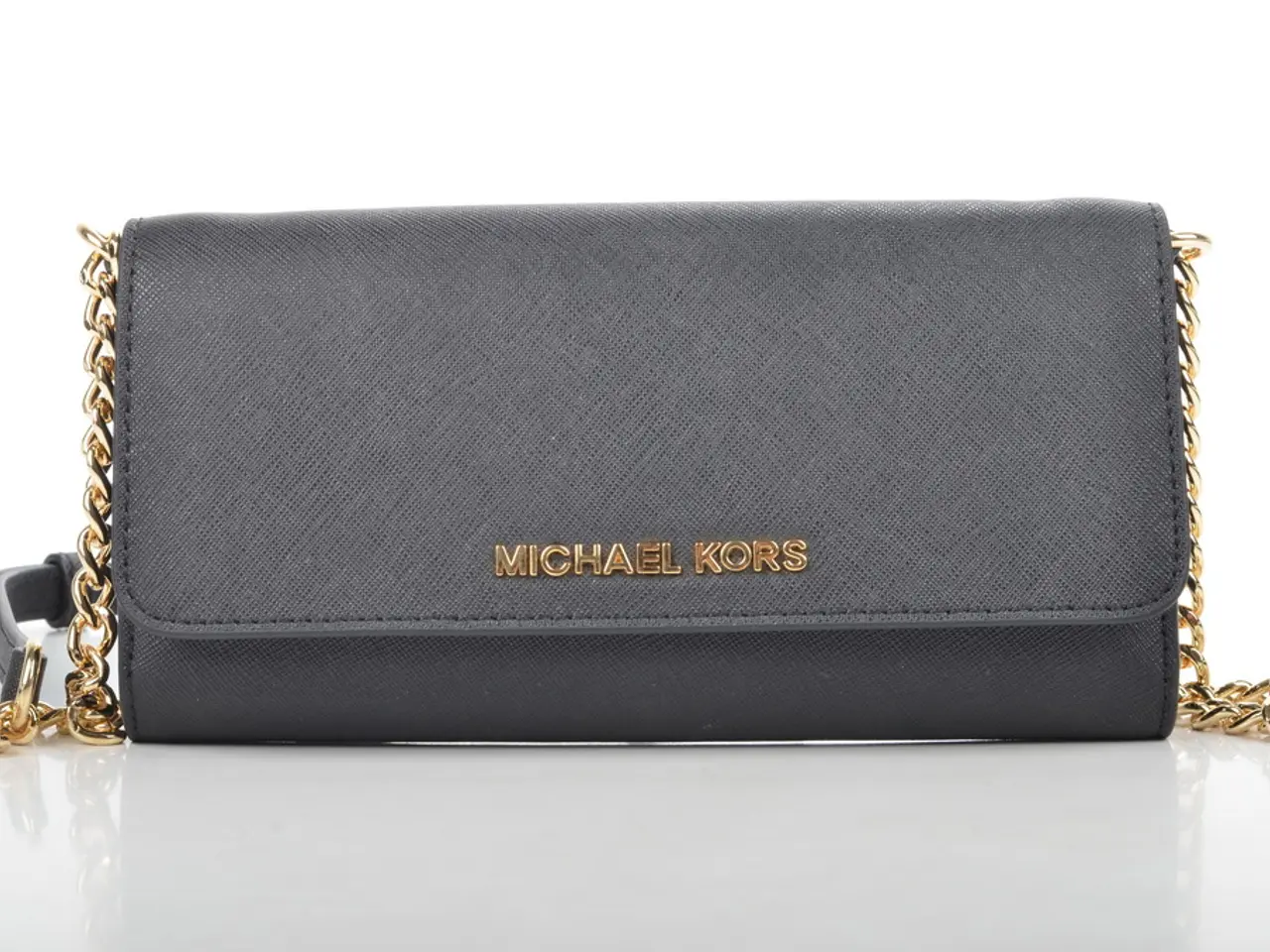Adidas Fails in Trademark Dispute with Church
In a landmark decision, the U.S. Court of Appeals for the Federal Circuit has blocked sportswear giant adidas from registering a trademark that sounds similar to a trademark owned by the Christian Faith and Fellowship Church. The case, which began in 2009, revolves around adidas' attempt to register the federal trademark "Adizero," which was denied due to its similarity with the church's trademark "Add a Zero."
The church's trademark was used for a fundraiser, encouraging donors to add an extra zero to their donations. In 2012, the USPTO's Trademark Trial and Appeal Board (TTAB) cancelled the church's trademark for non-use, concluding that two hats sold to a parishioner did not count as "use in commerce." However, the Federal Circuit ruled last week that even a small sale should be considered "use in commerce."
The Federal Circuit's ruling states that there is no de minimis exception in the Lanham Act that defines the "use in commerce" requirement. This means that minimal or token use, without genuine commercial activity, is insufficient to maintain trademark rights. The court's decision makes it easier for third parties to challenge and cancel marks that are not meaningfully used in the marketplace.
The church appealed to the Federal Circuit and won, but the victory is not final as the case has been sent back to the TTAB for further consideration. Adidas offered $5,000 to the church to give up its trademark, but the church felt the amount was too small.
Under the U.S. Lanham Act, a registered trademark can be cancelled on several grounds, with non-use (abandonment) being one of the most common. Other grounds include becoming generic, fraud in registration, violation of Section 2(a), likelihood of confusion, and other statutory provisions.
This decision serves as a reminder to businesses and organisations of the importance of using trademarks bona fide, publicly, and commercially, directly tied to the goods or services they cover, to maintain their trademark rights.
The Federal Circuit's ruling indicates that minimal sales can be considered as "use in commerce" to maintain trademark rights. This decision serves as a reminder for businesses and organizations to use trademarks genuinely and commercially in connection with the goods or services they cover, to prevent potential trademark challenges and cancellations.








